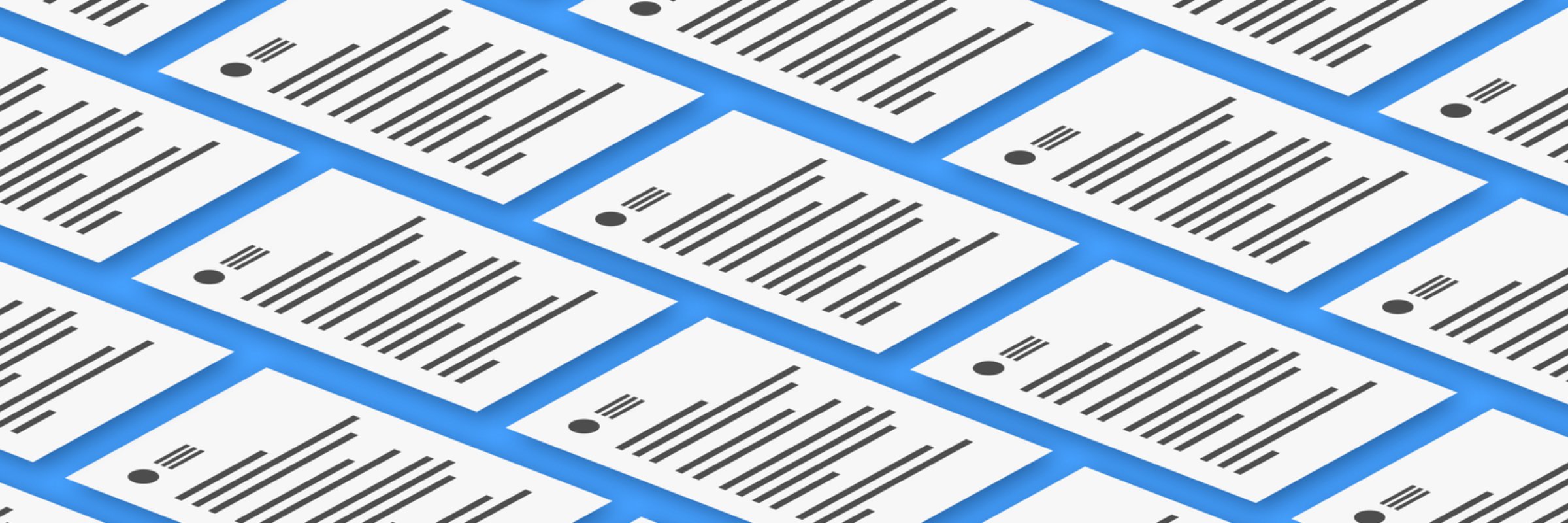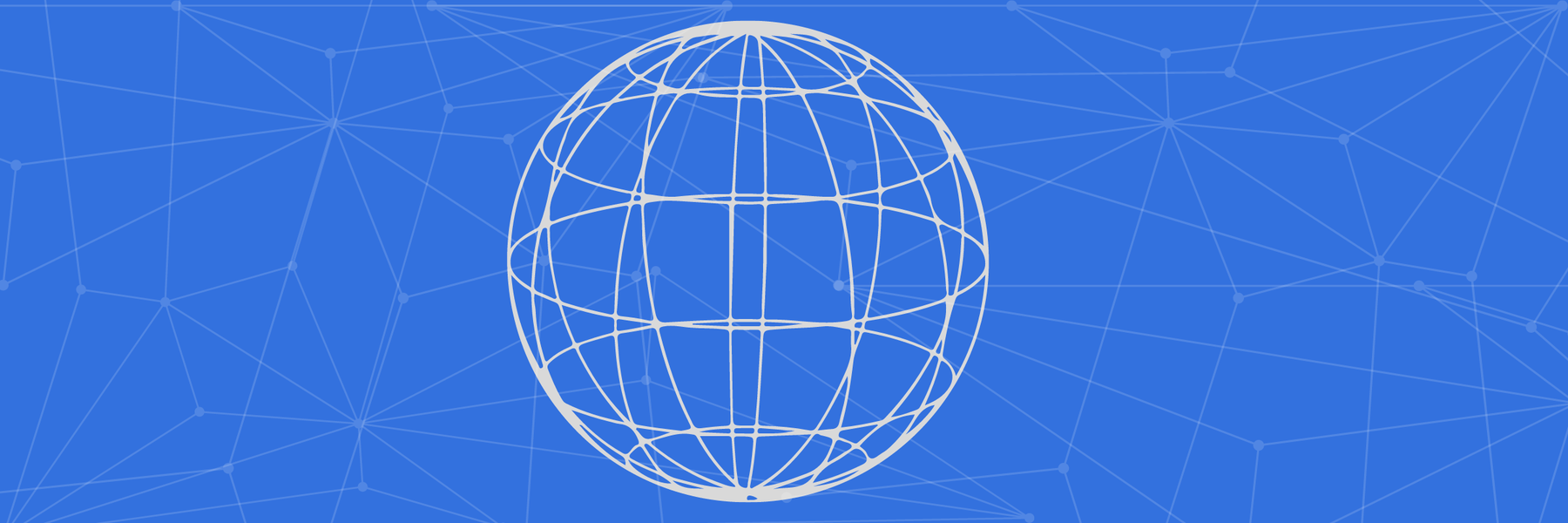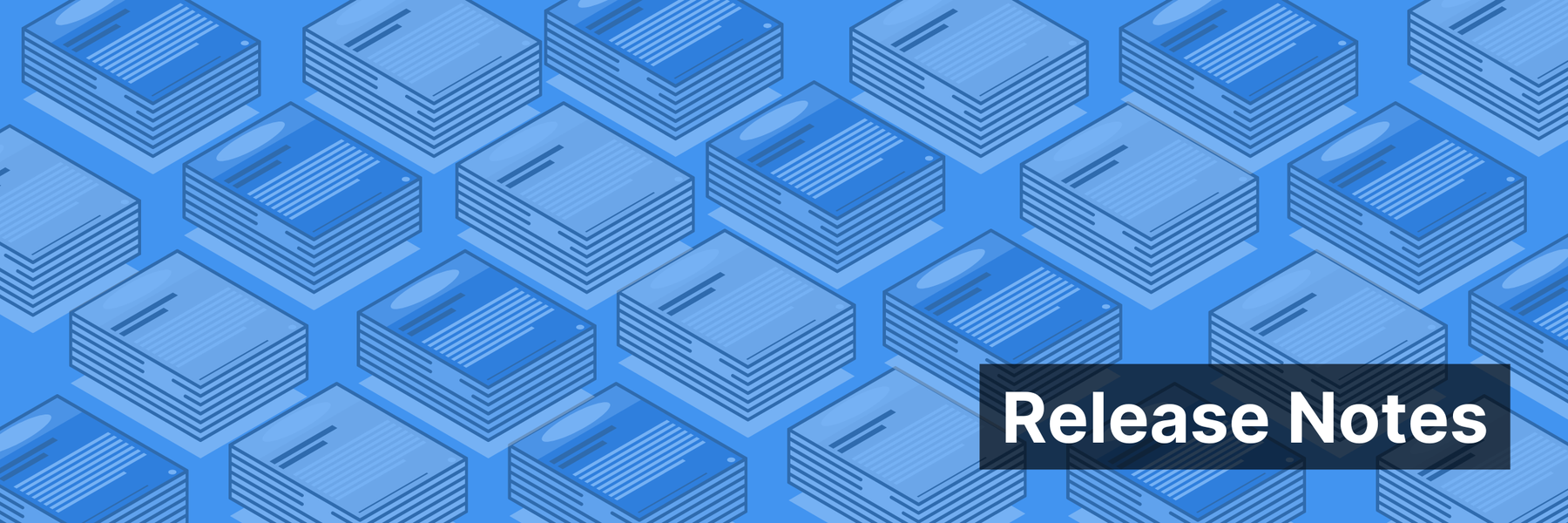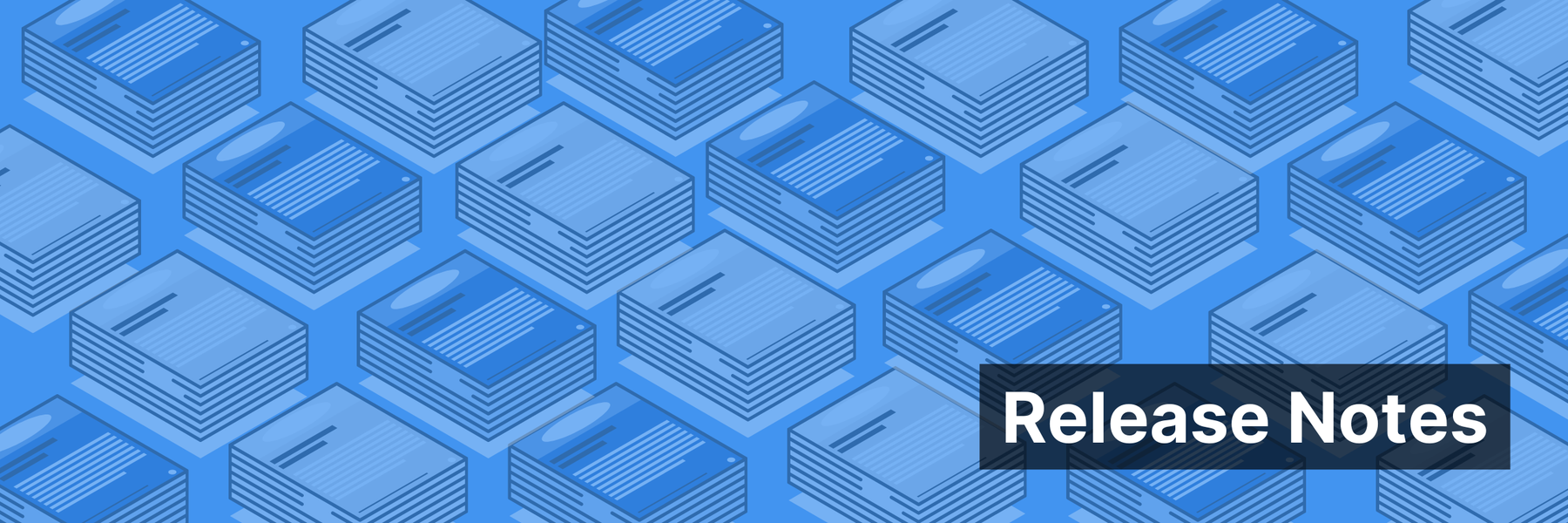Please note: The following has been updated to include the new application deadline date and a link to the recording of the informational session.
Today, we’re announcing the opening of applications for round two of our Gateway Grants, offering up to $150,000 in grants between $10,000 and $50,000 to support projects that help analyze, preserve and grant access to key documents.
Last year, DocumentCloud helped newsrooms, researchers and community groups upload and analyze a record number of materials, ranging from the leaked draft of the Supreme Court’s Dobbs decision to documents that trace who profits from rainforest destruction.
Critical to that effort was our partnership with Filecoin Foundation for the Decentralized Web, which helped us build a more resilient, scalable way to ensure these documents are preserved for the long term and provided critical funding and technical support to help a range of emerging projects.
Today, we’re expanding that support with a new call for proposals. This program seeks to help new and existing DocumentCloud users collect, analyze and preserve key documents and information. We also encourage joint applications, bringing together multiple organizations to take advantage of DocumentCloud’s collaborative and open nature.
The application period is open starting today and will run through March 24, but we encourage applying early, particularly if you’d like an opportunity for feedback or potential suggestions to improve the strength of your application before the review.
Selected recipients will receive funding as well as technical assistance from our Open Source Fellow in order to preserve and archive an important document collection, bring new digital tools into the DocumentCloud ecosystem and help ensure that the public has direct and permanent access to humanity’s most important records.
In this round, we are offering a range of support to fit the varied needs of projects. This includes smaller grants aimed at adapting tools to work with DocumentCloud or help make existing collections accessible as well as large grants that have more ambitious goals for novel document collection, analysis or publishing and that would involve applying new tools or techniques to make that project happen.
If you’re not sure which category is the best fit for your project or idea, we encourage you to watch the recording of our online discussion from March 1 at 1p.m. Eastern. During the program, we answered questions and provided some more context on what each category means. If you’re still on the fence, don’t let that stop you from applying: Judges will have the flexibility to move proposals from one category to another during consideration or to give a preliminary green light to a project, even if some modifications are requested.
The proposal categories for this round include:
Collection preservation
This category is for already existing large document collections that the public would benefit from having access to, but which require some assistance or funding to digitize the records or otherwise some basic support to get them uploaded to DocumentCloud and the Filecoin network.
This might mean that they’re currently paper records that must be scanned and digitized; an existing digital collection that needs a more permanent, flexible home; or an archival institution that wishes to migrate its collections to take advantage of features DocumentCloud and Filecoin provide.
Our first round of Gateway Grantees included excellent examples of the impact these projects can have, including Luiz Fernando Toledo’s work on preserving documents detailing the beneficiaries of the destruction of the Brazilian rainforest and Centro de Periodismo Investigativo’s collection hosting the secretive records behind Puerto Rico’s Financial Oversight and Management Board.
We’re particularly interested in supporting projects where the archives are of major public importance, but face threats or pressures to hosting, access or preservation, and that are able to tap into the power of decentralized storage to circumvent censorship and retain public access.
Projects that are selected in this category will receive $10,000 in funding to help cover costs for hardware, labor and other costs, as well as support to ensure that these collections are searchable and permanently archived on DocumentCloud and the Filecoin storage network.
Feature integration
Over the past year, DocumentCloud’s capabilities have expanded dramatically through open source contributions and the flexibility of the Add-On platform, including free audio transcription via Whisper, extracting spreadsheets with Tabula and integration with the Internet Archive. Continuing to grow this ecosystem helps newsrooms, civil society groups and others around the world do more with their documents, and also makes it easier to quickly organize and respond when existing information is endangered.
For this category, we’re looking for developers with existing tools that they would like to update, improve and integrate into DocumentCloud’s Add-On ecosystem, including tools for document analysis, site archiving, collaborative work and more. Projects that are selected in this category will receive $10,000 in funding as well as technical support and guidance.
Document collection and analysis
This category allows for a combination of the two previously mentioned approaches, providing applicants a chance to try new tools against specific document collection analysis, publication or preservation challenges. Applicants in this category should have a clear idea for a document collection and understanding of its benefit as well as a project plan for developing tools that will make that collection a reality.
After completion, these projects should serve as prototypes for what is possible. That might be by assisting with AI-powered analysis of the collection of documents, finding ways to open up projects to crowdsourced contributions, or by ensuring access despite censorship attempts. While we will provide some technical assistance to these projects, particularly with integration of tools into DocumentCloud and Filecoin, proposals are expected to outline how they’ll execute that vision and detail where additional support is required.
We are particularly excited about projects that help creatively tap into the decentralized web to circumvent and even repel censorship and web blocks, such as creatively bringing more attention and pressure on censoring organizations.
Projects selected in this category will receive between $20,000 and $30,000 in funding.
Cross-organization document-driven collaborations
DocumentCloud has always opened up new collaborative opportunities for our newsroom partners and this final category is seeking proposals that involve multiple organizations, whether from the same or different fields, that are working together on a shared repository of documents that are critical for the public.
We hope to help spur or expand projects that can demonstrate ongoing impact and opportunities to build on in a collaborative, iterative fashion. Project partners do not have to all be journalistic in nature; ideally, we’d like to see multi-disciplinary projects proposed that show the power of leveraging expertise and experience – everything from nonprofit organizations focused on social justice to academic think tanks to NGOs focused on ensuring ongoing access to and analysis of vital information.
Projects selected in this category will receive up to $50,000 in funding.
Using Decentralized Technologies
While not obligatory, we encourage applications to consider using solutions that take advantage of DocumentCloud’s integration with the decentralized web, via IPFS and Filecoin.
On the modern web, data is usually stored in a single place, or else “in the cloud” – i.e., on a single companies’ computers. Instead of having a single point of control, decentralized architectures like Filecoin and the related protocol IPFS enable a wider distribution of data storage, which can reduce the risk of censorship by big corporations and better protect services vulnerable to denial-of-service attacks.
IPFS is a peer-to-peer storage network that promotes the resiliency, immutability, and auditability of data. Through IPFS, content is tracked not by where it is located, but rather by what data is being stored through a unique label called a content identifier (CID). This means that multiple organizations (or individuals, or communities), can store the same data, and if one of them is taken down, the data remains online. IPFS is an open protocol, which means that there are many implementations and uses – like the “http” of the web. Filecoin is an incentive system built to encourage anyone who chooses to store and share data, including sharing it over IPFS. It includes a blockchain with a “proof of storage”, which rewards storage providers who prove that they are storing user files.
Filecoin and IPFS are complementary protocols for storing and sharing data on the distributed web. Through leveraging these protocols, data is more:
-
Resilient because single points of failure are avoided by leveraging diverse storage providers,
-
Immutable because of its inability to be altered once a unique CID is created, and
-
Auditable because blockchain-based systems help prove data isn’t tampered with during storage and retrieval.
Through DocumentCloud’s partnership with Filecoin Foundation for the Decentralized Web, we’ve made it easy for all verified DocumentCloud users to quickly archive their published documents to both IPFS and Filecoin networks in just a few clicks, making it easier than ever to ensure that critical documents remain available.
Read on for more information on IPFS and Filecoin or explore the integration yourself under the Add-Ons tab in DocumentCloud.
Criteria for selection
Projects will be evaluated on the following criteria:
-
Impact: When successfully executed, will it substantially enhance access, preservation or understanding of an important document collection? This could range in focus from one important, clearly defined collection you are already working with (for example, a cache of whistleblower documents or a key historical archive of presidential records or a historical era) or something that offers a more widespread utility, such as helping monitor and analyze federal or state contracts in a more friendly and permanent way. We’re particularly interested in projects that are focused on helping preserve materials at risk due to clearly identified challenges.
-
Creativity: How novel and unique is the approach to the challenge you’ve identified? Ideally, projects go beyond simply storing documents in an archive to thinking about the best way to address key challenges, whether those are new approaches to gathering and verifying information or ways to involve a broader range of participants.
-
Ability: How likely is the team to succeed at the proposed project? We welcome both prototypes that are looking for a way to get across the finish line as well as ideas starting from scratch, but you should have a good sense of both the nature of the documents being collected and both the technical, social and legal considerations involved in the proposed effort.
-
Benefit: How much better will the world be thanks to this effort? Will it help strengthen a community or raise awareness about a key issue? Could it help rectify or even prevent harms or inform future generations?
Introducing the judges for round two
To help evaluate applications, we have pulled together an amazing group of expert judges from the worlds of government transparency, journalism, technology and civic information:
-
Shannan Bowen - executive director of the North Carolina Local News Workshop.
-
L. Rashad Mahmood - executive director, New Mexico Local News Fund
-
Max Resnik - Documenters Network Manager, City Bureau
-
Freddy Martinez - Policy analyst for Open the Government and founder of Lucy Parsons Labs as well as a member of MuckRock’s board
-
Brynn O’Donnell - Program Manager of Social Impact, Filecoin Foundation & Filecoin Foundation for the Decentralized Web
We’re grateful for their support and guidance and are excited to expand the community of Gateway grantees and DocumentCloud users.
We will be sharing advice and inspiration for applicants in addition to the session we hosted on March 1 to learn more about the programs and get your questions answered. To get updates on these, register for the MuckRock newsletter or find us on social media — Twitter, Facebook and Mastodon.




